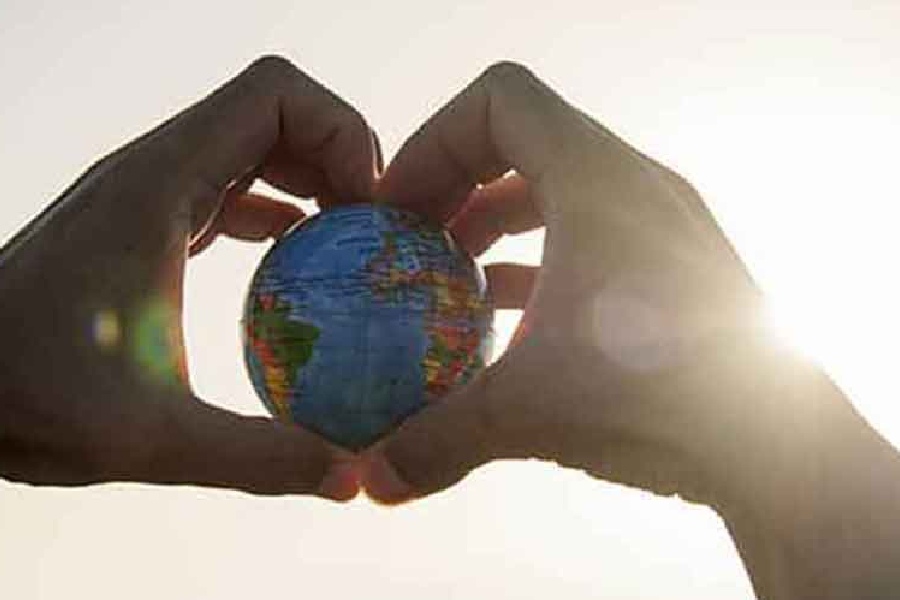The head of upcoming climate negotiations told world leaders Wednesday that a new financial aid package for poor and disaster-struck nations is the urgent, make-or-break goal of United Nations talks this fall.
“Time lost is lives, livelihoods and the planet lost,” said Mukhtar Babayev, the Azerbaijan ecology minister and president-designate of November climate talks in Baku, Azerbaijan.
At the same time, Simon Stiell, the United Nations' top climate official, made an emotional plea for a stepped-up fight against “the growing cost of unchecked climate carnage ” from his hurricane-demolished hometown of Carriacou, Grenada, in some of the first video from the devastated island.
“Beryl is yet more painful proof,” Stiell, executive secretary of the UN's climate agency, said from the remnants of a neighbour's house that had lost its roof and walls. “Every year fossil fuel-driven climate costs are an economic wrecking ball hitting billions of households and small businesses. If governments everywhere don't step up, every economy and 8 billion people will face this blunt-force trauma head-on on a continuous basis.”
Beryl, a record-breaking storm that rapidly intensified, destroyed or severely damaged 98% of the island's homes with “devastation that has become all too familiar to hundreds of millions of people all around the world," Stiell said.
He noted this year's four-figure death toll from heat in India, more than 1,000 dead from heat in Saudi Arabia during the annual pilgrimage to Mecca and millions of people left without power during a brutal heat wave in Texas in calling global warming a national security threat to every country.
Stiell cited a scientific study saying the world is locked in to a yearly $38 trillion economic hit from climate change, saying it puts poorer countries into a spiral of debt that prevents them from providing education or health care or digging out of the financial hole from disasters.
That's at the heart of two of key issues to be discussed in November in climate negotiations in Azerbaijan. In his letter to world leaders, negotiations president-designate Babayev said a new international goal for climate financial aid from rich to poor countries is the “centerpiece” and most pressing issue.
Governments have to agree on a new goal to improve upon the annual $100 billion that rich countries once pledged to give to poorer nations to help them move to less carbon polluting economies. Countries promised in 2009 they'd hit that $100 billion a year mark by 2020. They finally reached it earlier this year.
Meetings in Germany in June to lay the groundwork for some kind of new money agreement didn't get the "necessary progress'' needed, Babayev wrote.
In a statement, Babayev said his country can help build a bridge between rich and poor "but we all need to walk across it. In fact, we need to start running."
So Babayev is asking the head climate negotiators from many countries to come to Azerbaijan later this month for an informal retreat to push things along. He's also asked veteran negotiators from Denmark and Egypt to chart the path toward a new agreed-upon financial aid goal.
On top of financial aid for decarbonization, there's a fund agreed to in 2022 and enacted in 2023 called loss and damage. It is a version of reparations from wealthy nations that burn more heat-trapping fossil fuels than less developed nations, like Grenada, that not only don't use as much carbon but get hit with a disproportionate share of climate-related disasters.
Babayev said another goal is to get the loss-and-damage fund moving so it can pay out "much needed and long-awaited funds as soon as possible.”
“The only way out of this is together,” Stiell said from Carriacou. “What the climate crisis did to my grandmother's house must not become humanity's new normal. We can still prevent that."










